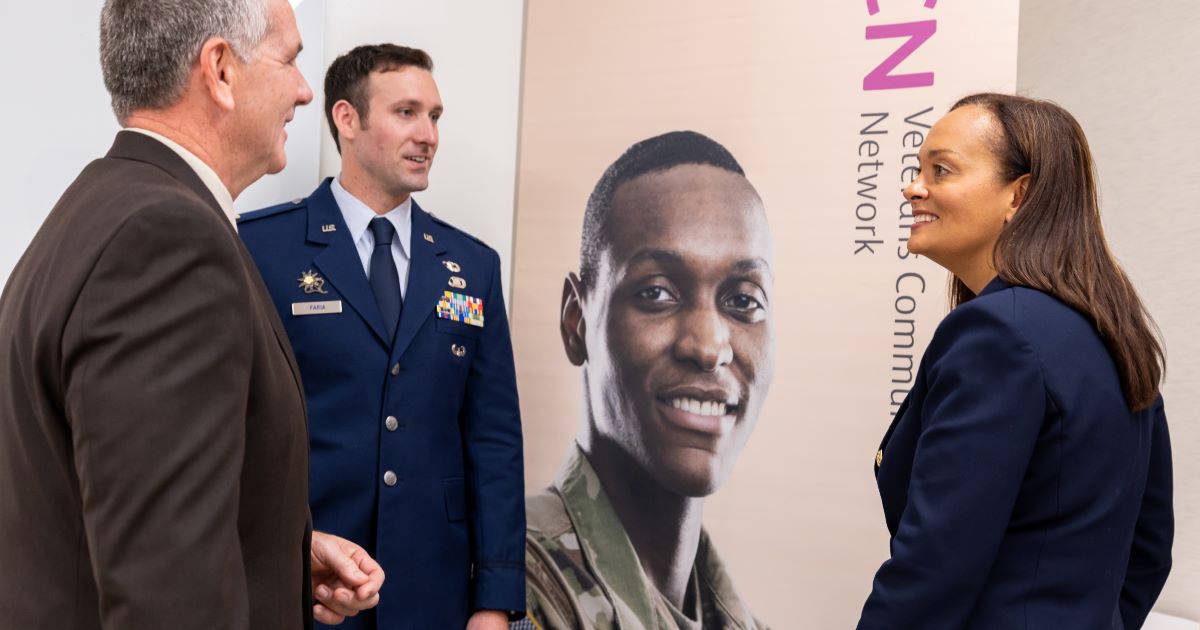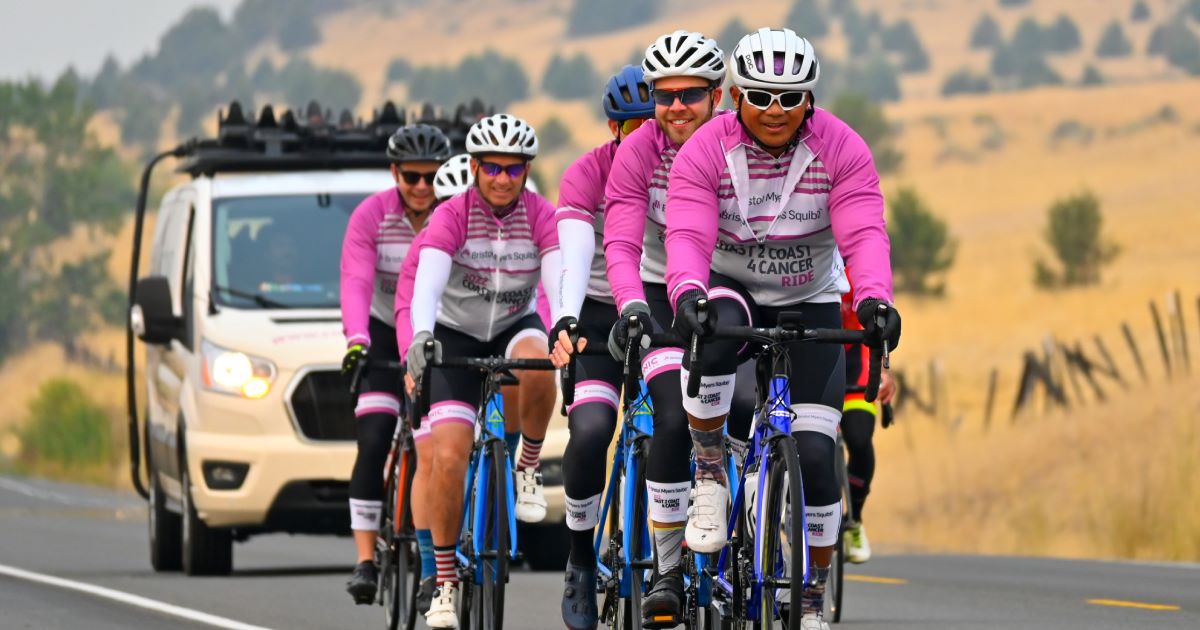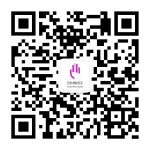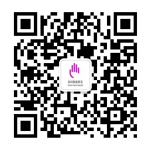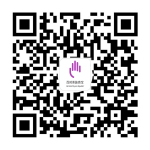This content has been archived. The content may no longer be relevant and one or more employees may no longer be employed by Bristol Myers Squibb.
A recent study found that for the first time since the study had been conducted, work flexibility was the number one reason to job hunt in 2023, equal with career growth opportunities. At Bristol Myers Squibb, that attention to wellbeing — with a focus on understanding employee flexibility and supporting it whenever possible, along with providing the support to foster ongoing growth — is foundational to our employee value proposition and ethos.

A prime example of the flexibility, career growth and work life balance that BMS offers can be found in Ariel Hodge, Associate Director, and Global Development Operations (GDO) Excellence Lead. An HBCU graduate and early-career woman with a young family, Ariel’s current position where she splits time between her home in New York and the BMS Lawrenceville, NJ office, cuts down on commuting time which opens up more family time as well as participation in BMS’ Black Organization for Leadership and Development (BOLD) and teaching the occasional Pilates class after work — all while achieving success and fulfillment at BMS in under five years.
In her undergraduate chemistry studies prior to joining BMS, Ariel found herself leaning toward med school, but after two internships and a job with a major consulting firm, her interest in the healthcare/hospital patient setting along with the business side of healthcare grew. “I felt the bio-pharma industry, and supply chain in particular, was the perfect combination for me — being on the clinical, natural science side of things combined with the business of healthcare,” she said.
The BMS Rotational Development Program: Hands-On Training
An MBA brought her closer to her goal, which then culminated in a career conference when she was close to finishing. “I attended the National Black MBA Conference, which is huge,” Ariel said. “BMS had a booth and I learned about a lot of the Rotational Development Programs that exist — so many different options for new graduates. I applied then and there.”
Ariel’s Rotational Program consisted of four rotations, each one lasting six to eight months.
“I was supporting the Global Product Development and Supply organization,” she said. “My four rotations were manufacturing science & technology, manufacturing operations, supply chain, and procurement. It was a great intro to the business. Upon successful graduation, you can take a full-time role in one of the rotations you did or a different role in something that you've discovered along the way. I chose Continuous Improvement supporting cell therapy and came in as a senior manager.”
Moving Up Quickly and Organically
Ariel’s career growth opportunities at BMS were just getting started. After just under two years in her senior manager role, she earned a promotion to her current position as an associate director, moving from cell therapy to the global development organization, highlighting the different avenues open for exploration at BMS.
“Working in cell therapy was an experience I would recommend to anyone,” she said. “And now, I’m supporting our clinical trials organization, which falls under research & development. I’m closer to the science, but now mixed with project and change management. And any project I work on now, I’m thinking globally as opposed to just locally.”
Different Objectives Make Scheduled Hybrid Days More Productive
And yet, with an increased role and responsibilities, Ariel appreciates the flexibility still offered, which allows her to live a full life as well as supporting her professional growth. “Flexibility helps people to be more present in their lives and get the most out of their work lives,” she said. “That’s a huge piece of my life right now, and my schedule helps balance daycare for my two-year-old with commute times.”
 Days spent in the office can often have different objectives than days at home, but to Ariel, the productivity level is the same if things are planned out efficiently and smartly. “It can differ week to week, but then again, that’s part of the flexibility, too,” she added. “I like the collaboration between colleagues when we’re in-person. But there are also many individual projects that I need to get squared away, and I find the home office time very productive for that.”
Days spent in the office can often have different objectives than days at home, but to Ariel, the productivity level is the same if things are planned out efficiently and smartly. “It can differ week to week, but then again, that’s part of the flexibility, too,” she added. “I like the collaboration between colleagues when we’re in-person. But there are also many individual projects that I need to get squared away, and I find the home office time very productive for that.”
Ariel also noted that the flexibility afforded from the hybrid scheduling lets her participate in many in-office opportunities with the BMS People Business Resource Groups (PBRGs) and working with colleagues face-to-face. That allows her to pay forward a lot of the mentoring that she has benefited from.
Growing Personally and Professionally
“Mentorship and the diversity I experience when involved in that are a big part of my life, whether working with students who are attending HBCUs, or working with my colleagues in PBRGs doing projects that support our communities," Ariel said. "Transferrable skills are important as well, and I’ve grown as a person and an employee with skills I’ve developed in our PBRGs that I use every day. You leave work energized and come back to work excited, and hybrid scheduling plays a role in that. I’m still exploring all the opportunities available at BMS.”

